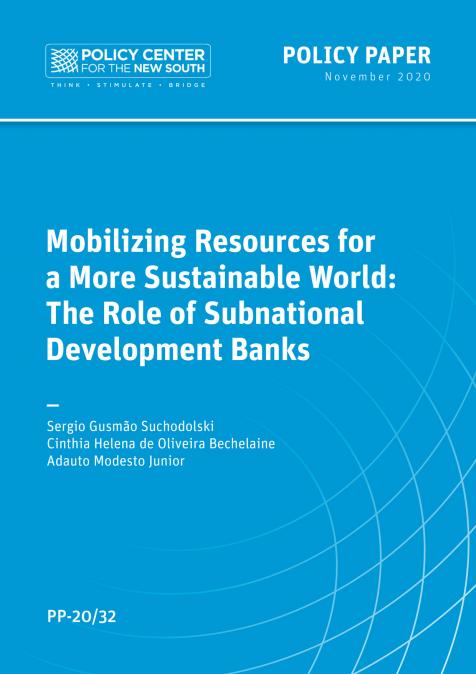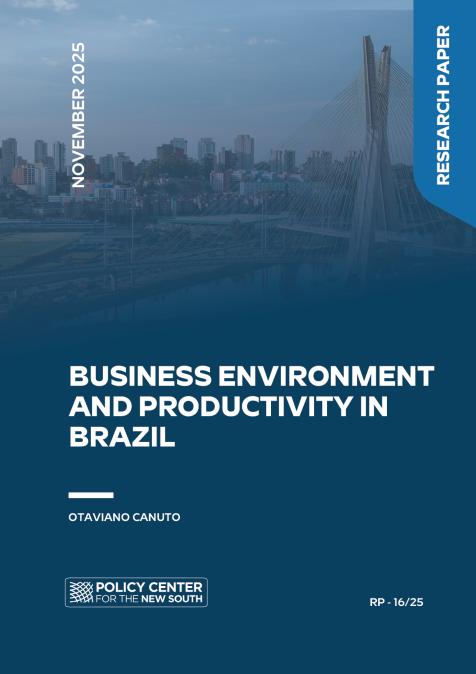Publications /
Policy Paper
The effective implementation of the 2030 Agenda requires a greater level of capital mobilization and new institutional arrangements that guarantee the better allocation of these funds. Based on concrete results from the experience of the Development Bank of Minas Gerais, in Brazil, this paper argues that Subnational Development Banks (SDBs) can be powerful players within development finance institutions’ networks, as their local expertise can bring efficiency and effectiveness to the implementation of development programs. Acting in partnership with larger national and multilateral institutions, SDBs can help better channel available financial and technical resources to promote local impact by adapting sophisticated governance and operational requirements to practical and pragmatic approaches that are suited to their local environments.












